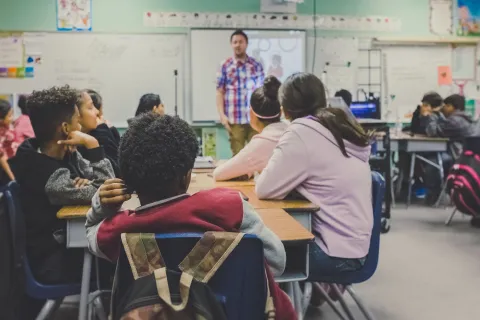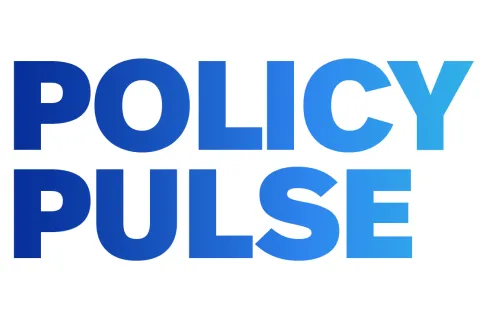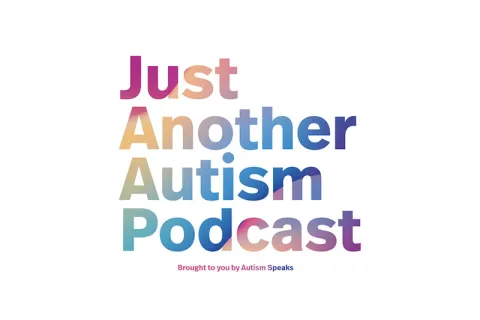Autism and disparities: Addressing the needs of underserved communities
April 9, 2019On April 3, 2019, Autism Speaks hosted a congressional briefing titled “Autism and Disparities: Addressing the Needs of Underserved Communities” in coordination with the Congressional Coalition on Autism Research and Education.
A recent study by Autism Speaks researchers illustrates that children with autism have nearly four times higher odds of having unmet health care needs compared to children without disabilities. Furthermore, while the CDC reports the overall prevalence of autism in the U.S. is 1 in 59 children, the reported prevalence among white children is 7 percent higher than African-American children and 22 percent higher than Hispanic children.
This congressional briefing marked one of the many necessary conversations about how autism is experienced by different populations. Collectively, the panelists described the unique experiences of families in both rural and urban settings, the role socioeconomic status plays in outcomes, and specific challenges faced by the Latinx, African-American, Asian-American, and Native American communities within the United States.
Recognizing the diversity that exists within groups, the panelists did not speak on behalf of all members of their larger communities. However, their voices provide testimony to how autism is experienced in the lives of people who are also affected by social and economic disparities associated with belonging to a racial or ethnic minority group.
Autism Speaks is committed to addressing these disparities by advocating for passage of the Autism CARES Act of 2019, increased autism research appropriations, and funding efforts to provide caregiver skills training in underserved communities, as well as by partnering with the Ad Council and Sesame Workshop on a new public awareness campaign.
We appreciate the support of advocates like our panelists and congressional legislative champions in providing the vision and opportunity to discuss how autism is experienced by different members of the autism community. We invite you to join the conversation by watching the recorded briefing via Facebook and increasing awareness for autism spectrum disorder.
Full panelists’ bios can be accessed here.






